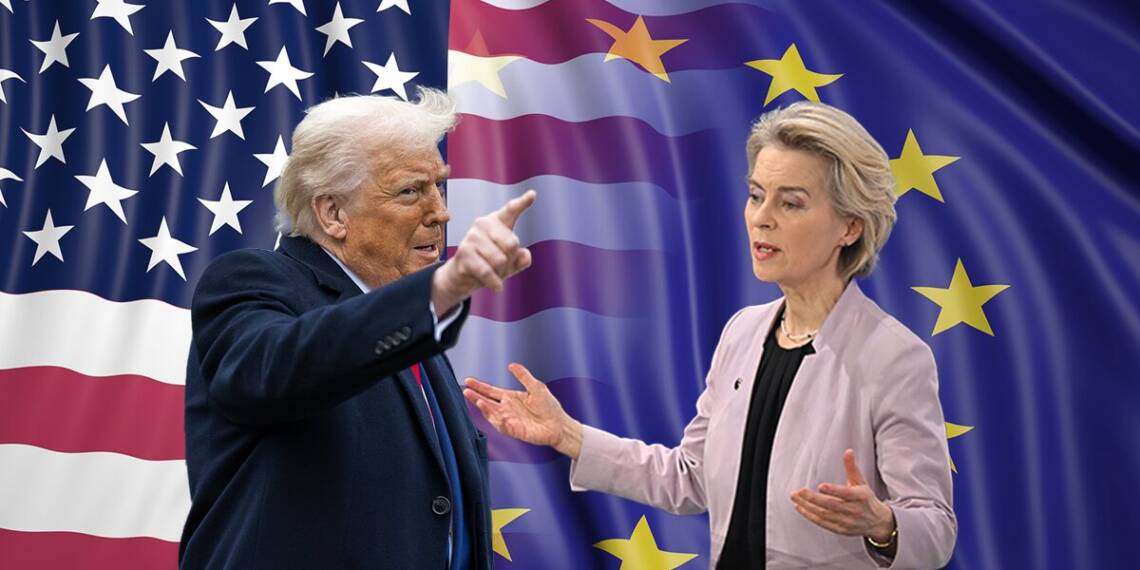The Business travel from Europe and North America to the United States has seen a marked decline in recent months, with major companies in Germany, France, the U.K., Canada, and Mexico drastically reducing employee visits to the U.S. Industry analysts and international business groups are pointing to President Donald Trump and his recent policy positions and rhetoric as key drivers of the downturn.
Reasons Behind the Decline
Rhetoric and Diplomacy:
Trump has renewed his attacks on the NATO, EU trade practices, and longstanding allies have heightened political tensions. Statements calling the EU a “rival” and threats to impose new tariffs have triggered uncertainty among European businesses.
Visa Restrictions and Entry Concerns:
Heightened visa scrutiny and unpredictable border policies—along with reports of increased detentions and denials of entry—have made executives wary of sending staff to the U.S. for meetings, deals, or conferences.
Perception of Hostility and Instability:
Many international firms view the U.S. as increasingly hostile to foreign influence, particularly from liberal Western democracies. Concerns about discrimination, surveillance, and political unpredictability have discouraged corporate travel.
Shifting Global Focus:
With Trump favoring isolationist and protectionist policies, some companies are redirecting their business development efforts to more predictable markets in Asia, the Middle East, and intra-European opportunities.
Trump Policy: Long-Term Implications
Economic Impact:
The decline in business travel represents more than lost hotel bookings and empty conference centers. Business travel is a key engine for economic exchange, driving partnerships, investments, supply chain contracts, and innovation. A sustained reduction could cost billions in lost opportunities, particularly for industries like technology, finance, healthcare, and manufacturing.
Strained Diplomatic Ties:
Repeated diplomatic snubs and adversarial language from Trump have weakened transatlantic trust. Business travel has historically acted as a soft-power bridge, facilitating cooperation beyond politics. As travel wanes, so does informal diplomacy and economic alignment.
Shift in Global Alliances:
If European companies continue to bypass the U.S., it could accelerate a pivot toward China and other emerging markets. The erosion of the U.S. as a default destination for business could also diminish its influence over global standards, innovation, and trade policy.
Impact on U.S. Competitiveness:
Isolationist policies may undermine the country’s global competitiveness. If foreign businesses find it harder—or less desirable—to operate in the U.S., the country risks losing its edge in sectors where collaboration and global talent are crucial.
While some business leaders remain hopeful that future administrations might reverse the trend, the damage to America’s reputation as a welcoming, stable hub for global commerce may take years to repair. The message from international boardrooms is clear: political rhetoric has real-world consequences, and the cost could be America’s diminished role in the global economy.







